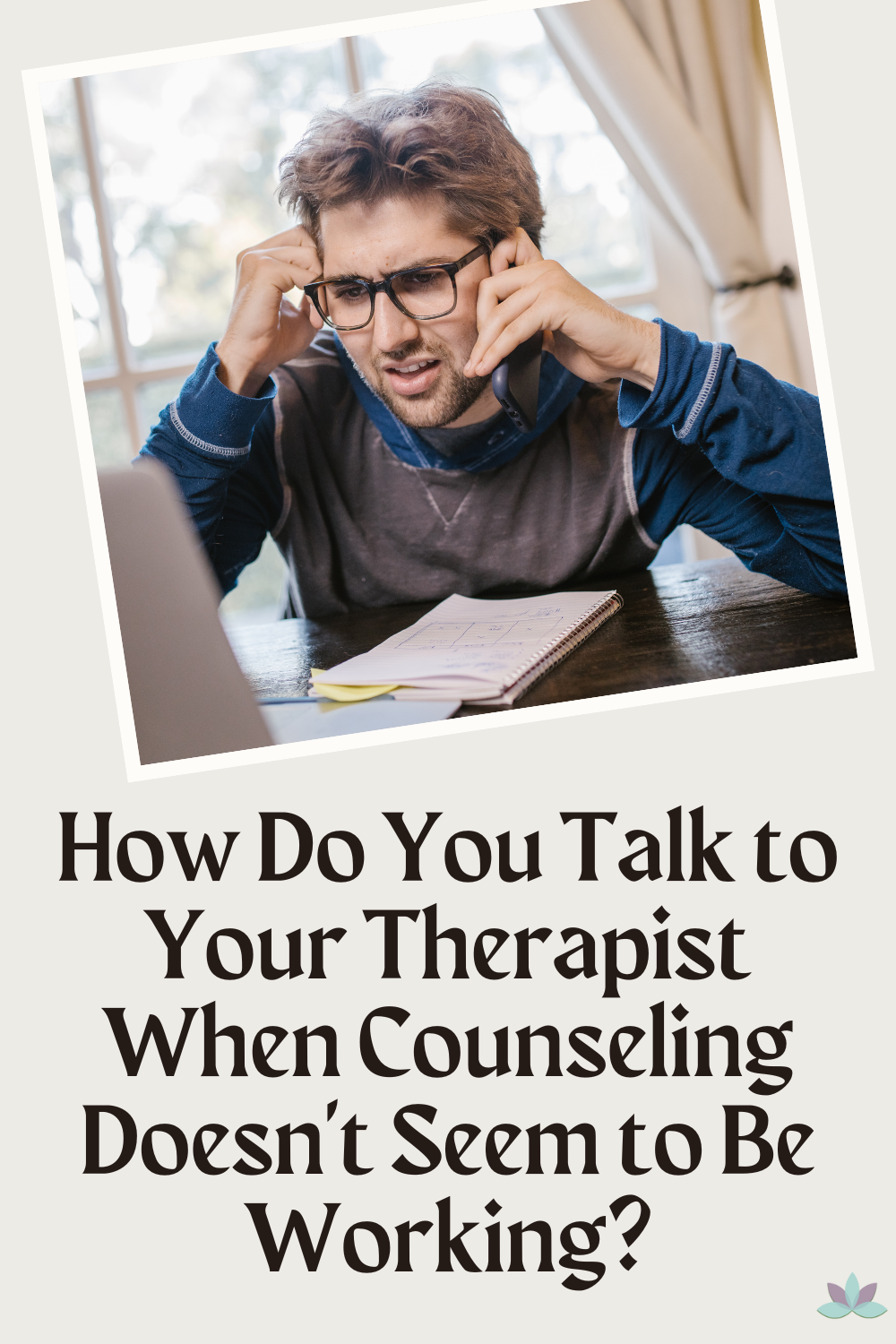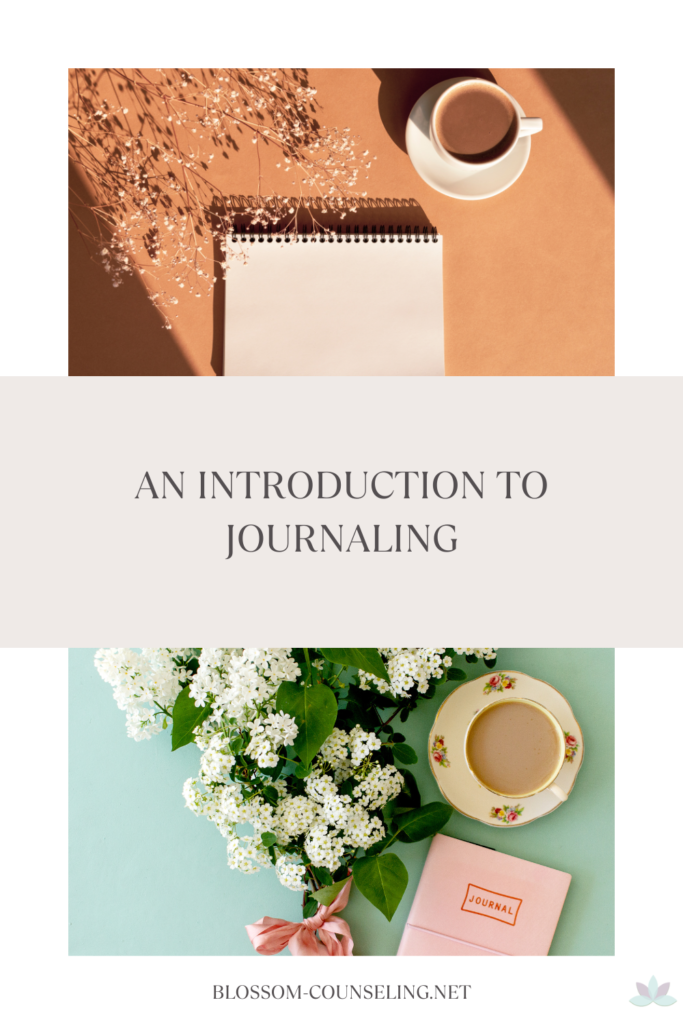
Therapy is a powerful tool for improving mental health, but it doesn’t always work immediately. Sometimes, despite our best efforts, counseling just doesn’t seem to be making a difference. This can be frustrating and discouraging, but it’s important to remember that progress takes time. If you’re feeling stuck in therapy, there are steps you can take to get back on track.
Be Honest About Your Feelings
When counseling isn’t working, it’s important to be honest with your therapist about how you’re feeling. You may be feeling frustrated, discouraged, or like you’re not making any progress. These feelings are completely normal and your therapist is there to help you work through them. By expressing your emotions, you give your therapist a better understanding of what’s going on and what you need from them.
It’s also important to note that therapy is a collaborative process. Your therapist is there to help guide you, but they can’t do it alone. By being open and honest about how you’re feeling, you give your therapist the opportunity to adjust their approach and tailor their techniques to suit your needs.
Ask Questions
If you’re feeling stuck in therapy, it can be helpful to ask your therapist questions. Ask them what they think is causing the lack of progress and what you can do differently to get back on track. You might also want to ask them about their approach to therapy and how it aligns with your goals. By asking questions, you can gain a better understanding of what’s happening and what you can do to improve the situation.
It’s important to remember that therapy is a journey, not a destination. There may be roadblocks along the way, but by asking questions and seeking guidance from your therapist, you can find your way back to the path of progress.
Set Goals
Setting goals is an important part of therapy, but sometimes we can lose sight of what we’re working towards. If you’re feeling stuck in counseling, talk to your therapist about revisiting your goals. Are they still relevant? Do they need to be adjusted? By setting clear goals and tracking your progress, you can gain a sense of direction and purpose in therapy.
Setting goals also helps to break down the process of therapy into more manageable steps. It can be overwhelming to think about all the work you need to do to improve your mental health, but by setting achievable goals, you can focus on one step at a time.
Explore Different Types of Therapy
Sometimes, counseling isn’t working because the type of therapy you’re using isn’t the best fit for you. There are many different types of therapy, and what works for one person may not work for another. If you’re feeling stuck in therapy, talk to your therapist about exploring different types of therapy. They may be able to recommend a different approach that better aligns with your needs and goals.
Some common types of therapy include cognitive-behavioral therapy, dialectical behavior therapy, and psychodynamic therapy. Each approach has its own strengths and weaknesses, and it’s important to find the one that works best for you.
Consider Medication
If you’re struggling with mental health issues, medication may be a helpful addition to therapy. Medication can help to reduce symptoms of depression, anxiety, and other mental health conditions, making it easier to engage in therapy and make progress. If you’re feeling stuck in counseling, talk to your therapist about whether medication might be a helpful addition to your treatment plan.
It’s important to remember that medication isn’t a cure-all, and it may not be right for everyone. Talk to your therapist about the benefits and risks of medication, and make an informed decision about whether it’s the right choice for you.
Seek Support
In addition to therapy, seeking support from friends, family, or support groups can also be helpful when counseling doesn’t seem to be working. Talking to others who have experienced similar struggles can help you feel less alone and provide you with new perspectives and ideas for how to move forward.
It’s important to remember that seeking support doesn’t mean you’re weak or not making progress in therapy. It can actually be a sign of strength to recognize when you need additional support and seek it out.
Take Care of Yourself
When counseling isn’t working, it can be easy to become discouraged and lose sight of self-care. However, taking care of yourself is more important than ever in these moments. Make sure you’re getting enough sleep, eating well, and engaging in activities that bring you joy and relaxation.
Self-care also means setting healthy boundaries and prioritizing your own needs. If you’re feeling overwhelmed or stressed, it’s okay to take a break from therapy or other obligations to focus on yourself.
Communicate with Your Therapist
If you’ve tried all of the above steps and are still feeling stuck in therapy, it may be time to have a candid conversation with your therapist. Let them know that you’re feeling frustrated and that you’re not seeing progress. Ask if they have any additional recommendations or if they think it might be time to try a different approach.
Remember that therapy is a collaborative process, and your therapist should be open to discussing different options and finding a solution that works for you.
If you’re feeling like counseling isn’t working, it’s important to remember that progress takes time. Talking to your therapist about your feelings, asking questions, setting goals, exploring different types of therapy, and considering medication can all help get you back on track. Remember that therapy is a collaborative process, and your therapist is there to help you along the way. With patience and persistence, you can make progress towards better mental health.
Remember to be kind to yourself throughout the process. It’s okay to feel frustrated, but try to focus on the progress you’ve made so far. Celebrate the small victories and use them as motivation to keep moving forward. By working with your therapist and taking an active role in your mental health, you can overcome the challenges you’re facing and live a happier, healthier life.
Feeling stuck in therapy can be a discouraging experience, but it’s important to remember that progress takes time. By being honest about your feelings, asking questions, setting goals, exploring different types of therapy, considering medication, seeking support, taking care of yourself, and communicating with your therapist, you can find your way back to the path of progress.
Remember that mental health is a journey, and there may be bumps in the road along the way. With patience, persistence, and the right support, you can overcome the challenges you’re facing and live a happier, healthier life.
|
|




